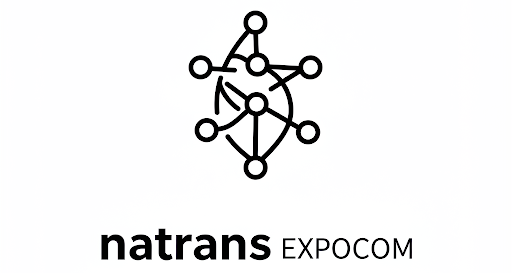As renewable energy sources gain momentum, efficient energy storage solutions like the battery inverter have become critical in optimizing energy management. Atess, an industry leader, offers advanced battery inverters designed for various applications, contributing to a cleaner and more sustainable future.
Features of Atess Battery Inverters
The Atess battery inverter comes in several models with rated power options ranging from 100 kW to 1,000 kW, accommodating diverse user needs. The PCS series includes robust options such as the PCS100, PCS250, PCS500, PCS630, and PCS1000-US-480, providing flexibility for both residential and commercial installations. These battery inverters are engineered to function independently or in conjunction with solar chargers and other accessories, making them ideal for different application scenarios.
A standout feature of the Atess battery inverter is its impressive capacity, allowing up to 1 MW output from a single unit. This capability enables users to unlock limitless clean power, significantly enhancing energy efficiency and reducing reliance on fossil fuels. With an AC voltage range of 432V-528V and an AC rated voltage of 480V, the Atess battery inverter ensures stable performance and compatibility with various electrical systems.
Applications and Benefits
The versatility of the Atess battery inverter ensures it can serve multiple purposes, from supporting solar energy systems to providing backup power during outages. Its bidirectional functionality allows it to store energy while simultaneously supplying power, optimizing energy usage in real-time. Additionally, the integration of these battery inverters into energy management systems maximizes renewable energy consumption and minimizes waste.
In conclusion, the Atess battery inverter represents a significant advancement in energy storage technology. By offering a range of power capacities and versatile applications, Atess continues to lead in providing innovative solutions that support the transition to sustainable energy practices. The adoption of battery inverters not only enhances energy resilience but also contributes to a greener planet.
